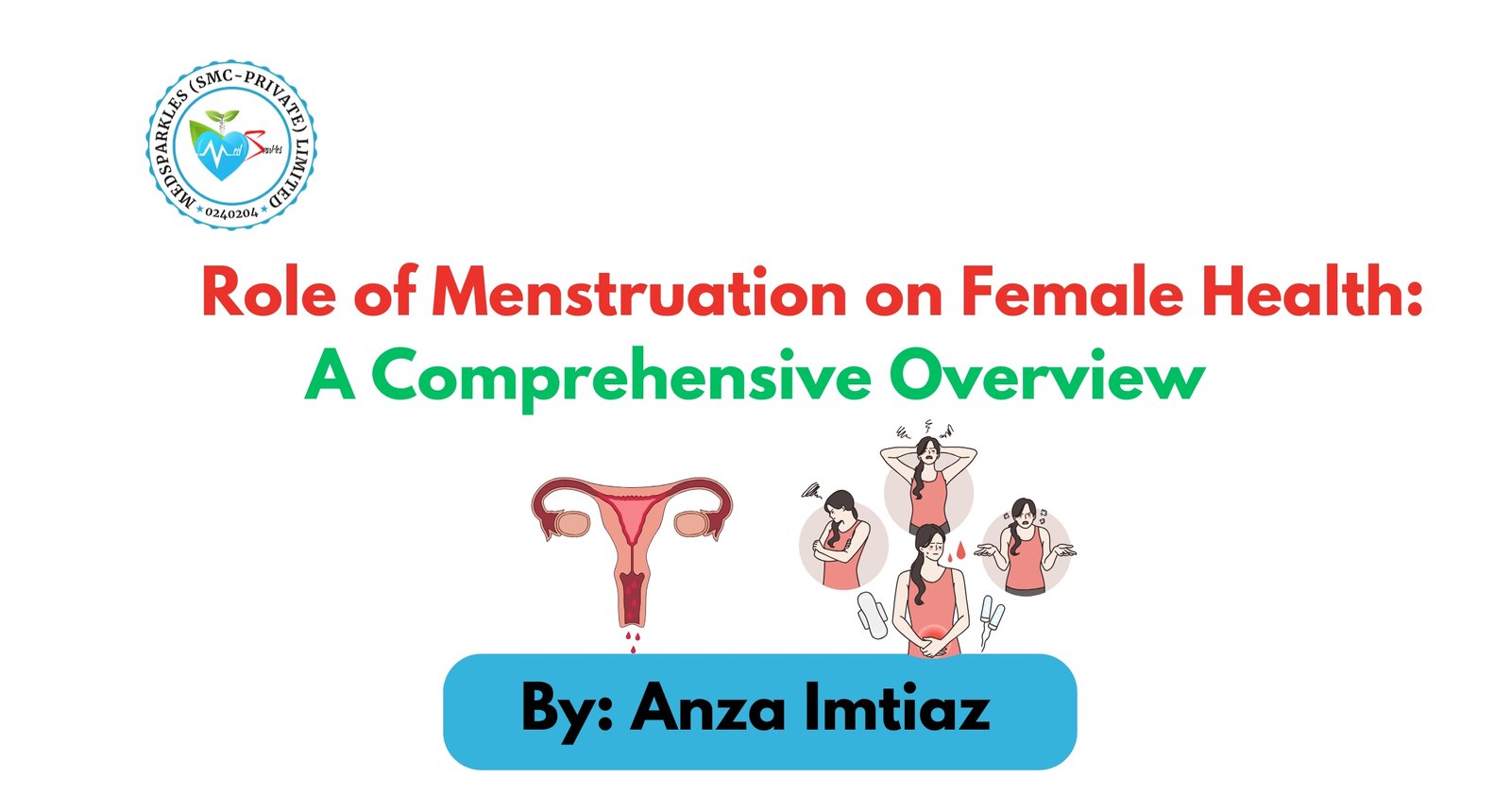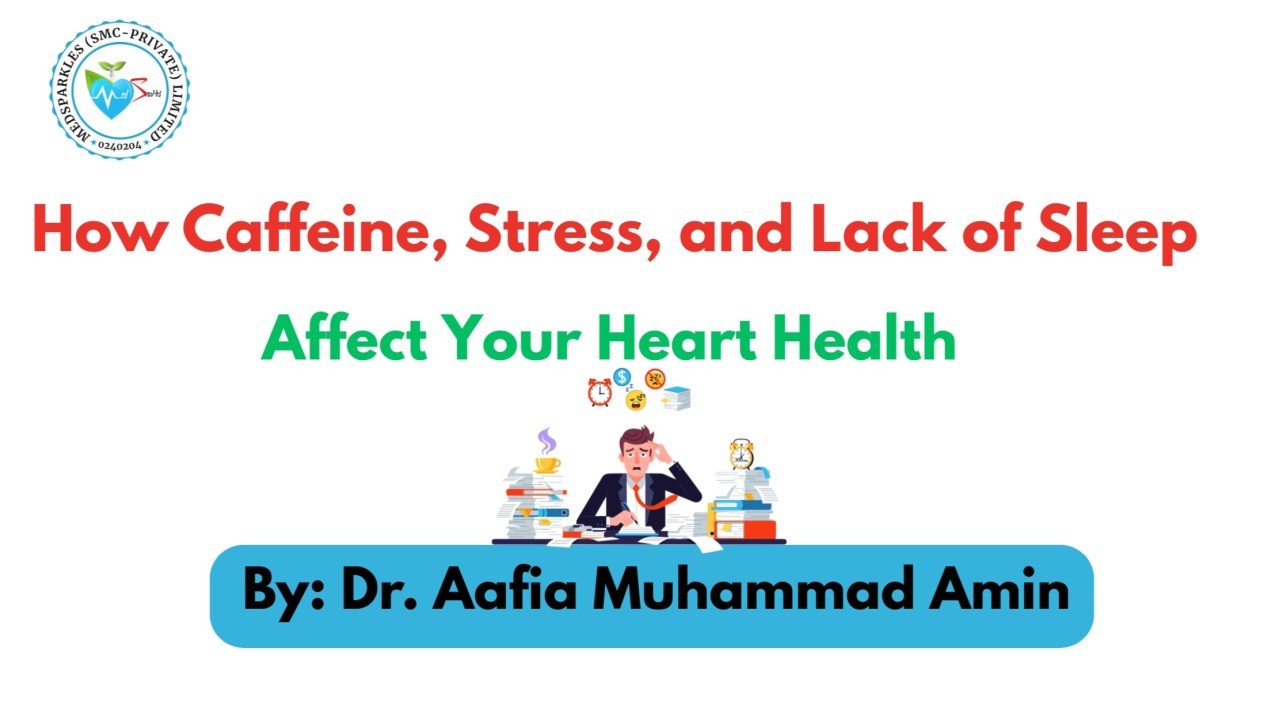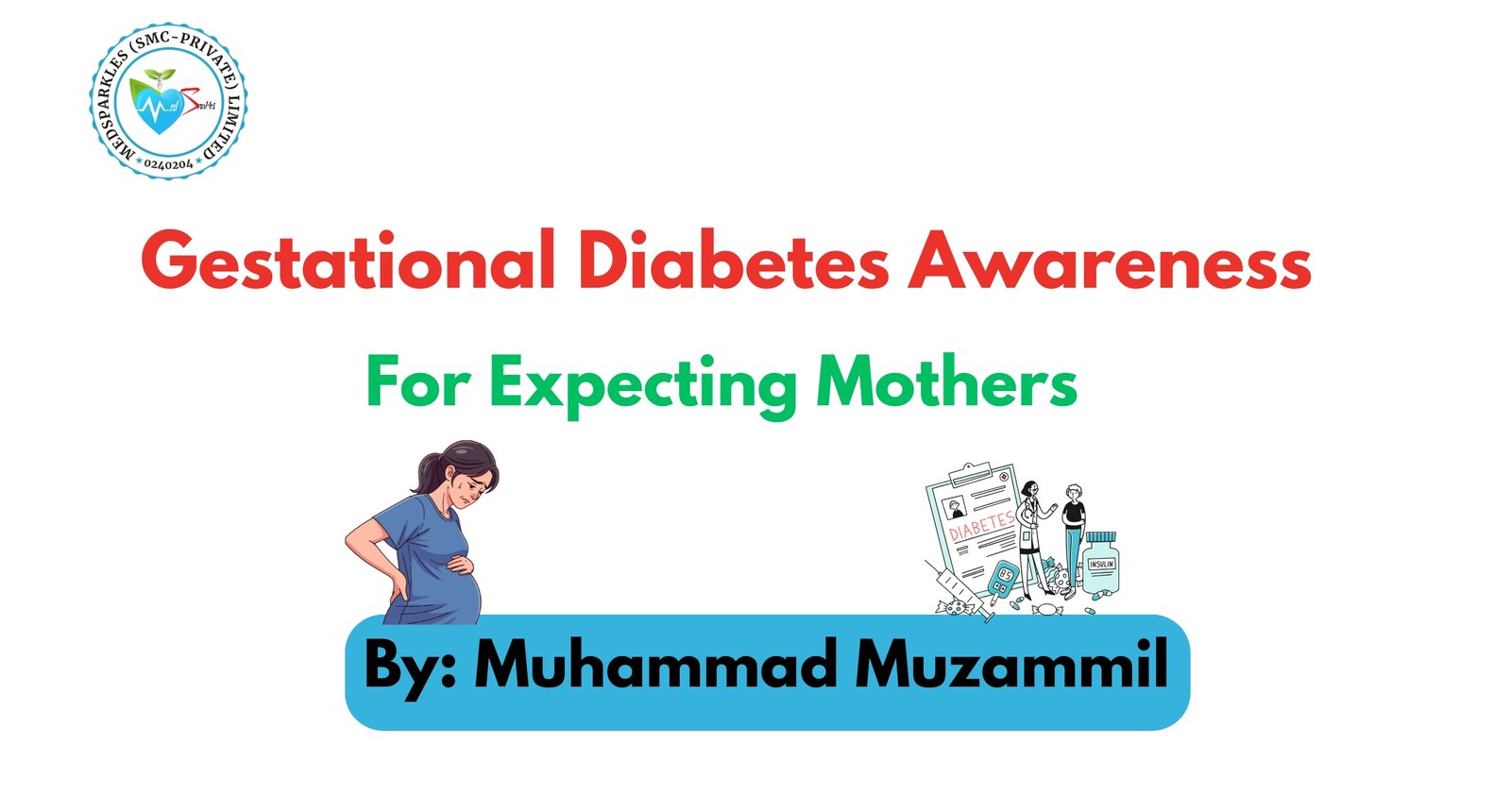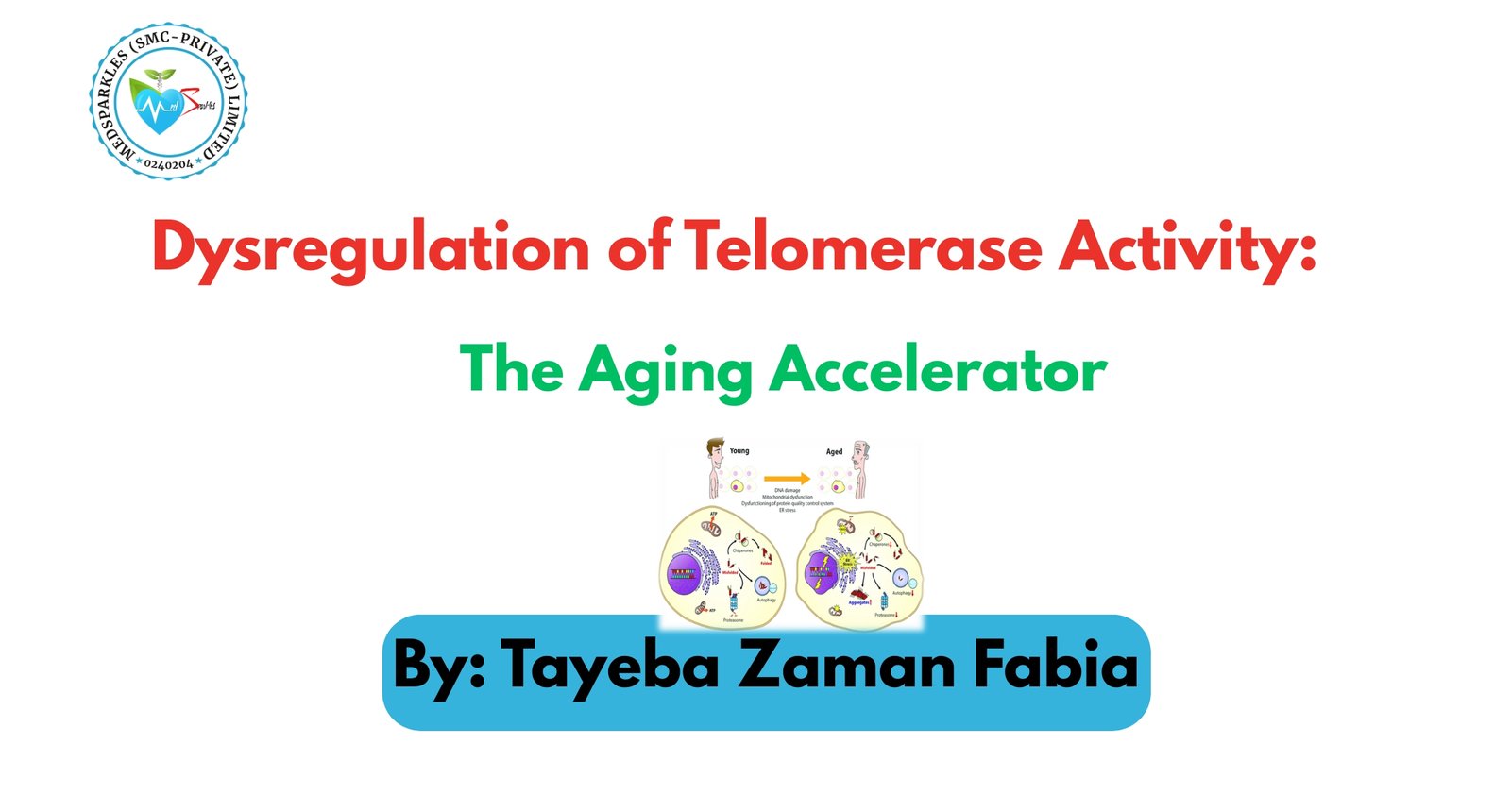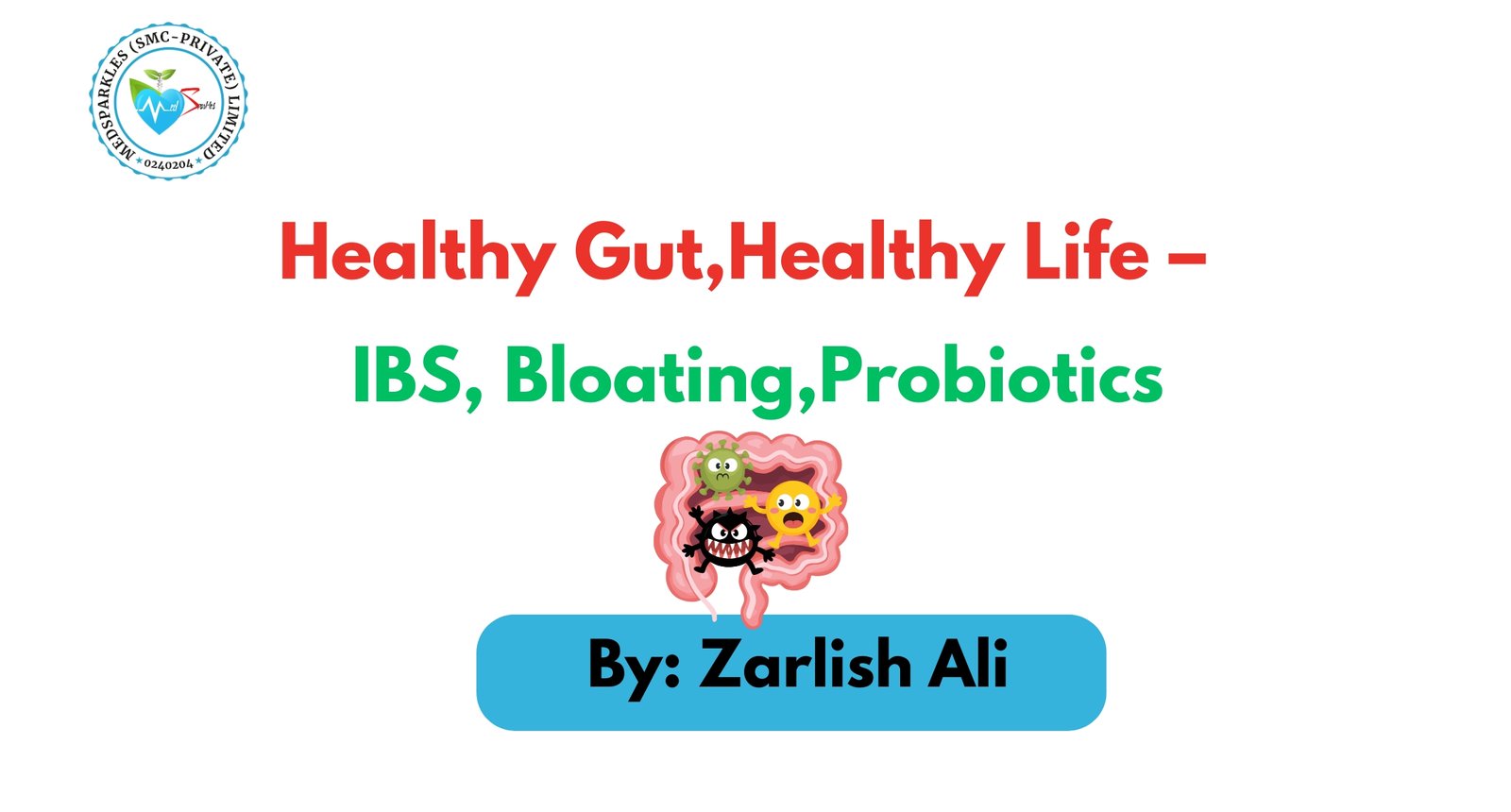Menstruation is a natural process that every healthy woman of reproductive age goes through. It is often called a “period.” Menstruation is more than just bleeding every month. It is a sign of health, hormones, and body balance. Understanding menstruation is important because it affects both physical and emotional health.
In this article, we will explore what menstruation is, why it happens, its role in women’s health, common problems, and how to maintain menstrual health.
What is Menstruation?
Menstruation is the monthly shedding of the lining of the uterus (womb). If pregnancy does not happen, the body removes this lining as blood through the vagina.
● Cycle length: Usually 28 days, but it can range between 21–35 days.
● Bleeding duration: Normally 3–7 days.
● Blood loss: Around 30–80 ml.

Diagram showing the female reproductive system (uterus, ovaries, fallopian tubes).
Why Does Menstruation Happen?
Menstruation happens because of hormonal changes in the body. The ovaries release hormones called estrogen and progesterone. These hormones prepare the uterus for pregnancy. If there is no pregnancy then the hormone levels drop, the uterus lining breaks down and blood flows out as menstruation.
Menstrual Cycle Phases
1. Menstrual Phase (Day 1–5): Bleeding occurs as the uterus lining sheds.
2. Follicular Phase (Day 1–13): The body prepares an egg in the ovary.
3. Ovulation (Day 14): The mature egg is released.
4. Luteal Phase (Day 15–28): The uterus prepares for pregnancy.
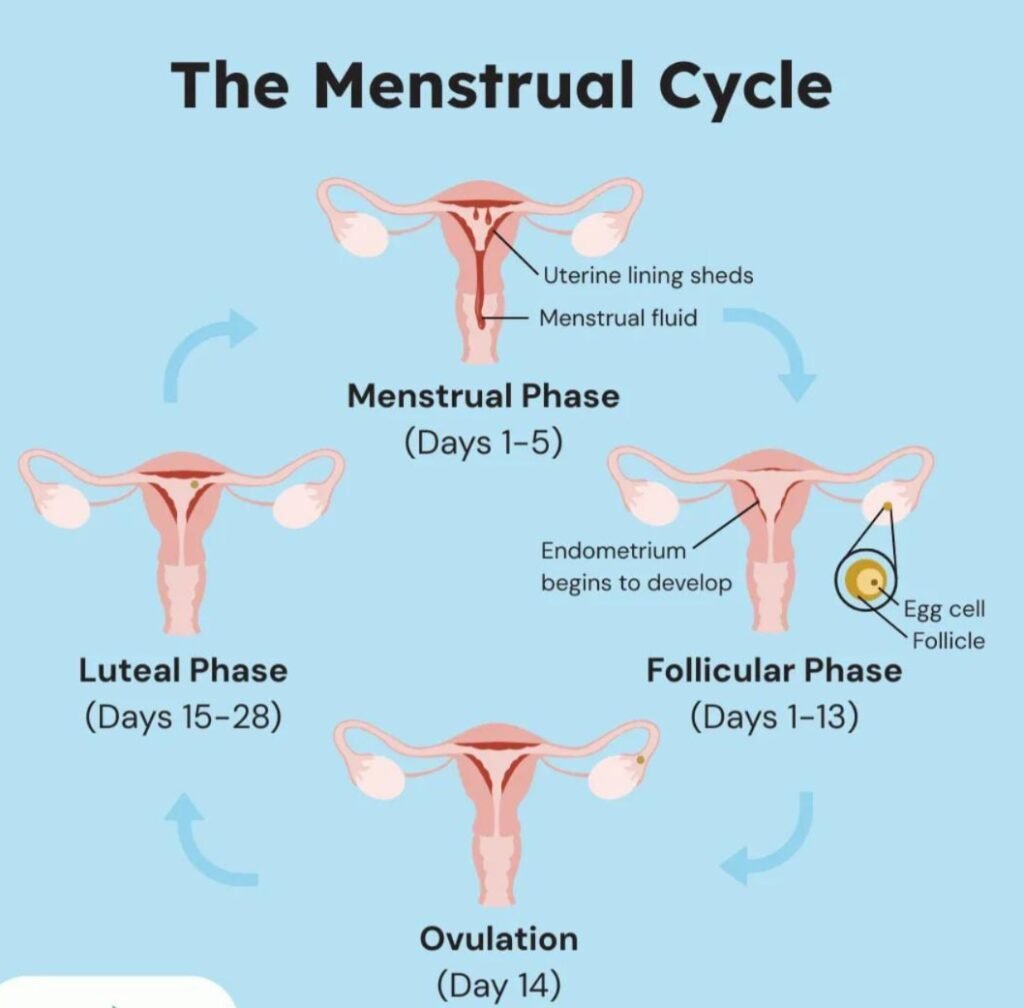
Menstrual cycle chart showing different phases (menstrual, follicular, ovulation, luteal). Picture from EVERYDAY HEALTH
Role of Menstruation in Female Health
Menstruation is not just a monthly event. Lets dive into how it serves as a window into overall female health.
1. Indicator of Reproductive Health
Regular periods show that hormones are balanced. Whereas Irregular or absent periods may indicate health issues like PCOS (Polycystic Ovary Syndrome) or thyroid problems.
2. Sign of Hormonal Balance
Menstrual cycles reflect how well hormones work. Healthy cycles mean the brain, ovaries, and uterus are in true alignment and working together with coordination
3. Bone and Heart Health
Estrogen is one of the main menstrual hormones . It protects bones and the heart. It means that women with irregular cycles may have weaker bones and higher heart risks.
4. Emotional and Mental Health
It has been proven that hormonal changes affect mood. Premenstrual syndrome (PMS) can cause mood swings, irritability, and sadness. Hence someone with regular cycles will have good emotional stability.
5. Fertility and Pregnancy
Menstruation is linked to fertility. Regular ovulation shows that a woman can conceive on the other hand absence of periods may indicate infertility issues.
Common Menstrual Problems
Many women experience problems related to menstruation. These can affect daily life and health.
1. Dysmenorrhea (Painful Periods): It is basically the cramps in the lower abdomen which is caused by strong uterine contractions.
2. Menorrhagia (Heavy Bleeding): Menorrhagia lasts more than 7 days. Passing of large blood clots is the common symptom. .
3. Amenorrhea (No Periods):Missing periods for 3 months or more. It can be caused by stress, weight loss, pregnancy, or medical conditions.
4. Irregular Periods : In this condition periods do not come on time. It can be linked to PCOS, thyroid issues, or lifestyle habits.
5. Premenstrual Syndrome (PMS): The women usually feel emotional and physical symptoms before periods which include mood swings, bloating, and headaches.
Factors Affecting Menstrual Health
In maintaining good menstrual health , following factors play crucial role
1) Diet: Poor nutrition can disturb periods. Iron-rich foods prevent anemia.
2) Stress: Mental stress can delay or stop periods.
3) Exercise: Too much or too little exercise affects cycle regularity.
4) Weight: Being underweight or overweight can cause hormonal imbalance.
5) Medical Conditions: PCOS, endometriosis, and thyroid problems affect menstruation.
What to Do If You Struggle With Menstrual Health
If you are a woman who struggles with maintaining good menstrual health, start taking small but steady steps toward improvement. Menstrual health is closely linked to lifestyle, diet, and stress levels, so simple changes can make a big difference.
1. Focus on Nutrition
Eat a balanced diet rich in iron, calcium, and vitamins. Foods like leafy greens, beans, lentils, eggs, and fish help replace the blood lost during periods and prevent anemia.
2. Stay Hydrated
Drinking enough water reduces bloating, headaches, and fatigue during your cycle. Herbal teas like ginger or chamomile can also soothe cramps.
3. Exercise in Moderation
Light physical activity, such as walking, yoga, or stretching, can ease cramps and improve mood. Avoid over-exercising, which may disrupt your cycle.
4. Track Your Periods
Use a calendar or period-tracking app to monitor your cycle. This helps in identifying irregularities early and provides helpful information for your doctor.
5. Manage Stress
Stress is a major factor that can delay or stop periods. Relaxation techniques such as deep breathing, meditation, or journaling can keep your hormones balanced.
6. Seek Medical Help When Needed
Do not ignore heavy bleeding, severe pain, or irregular cycles. Consulting a gynecologist ensures early treatment of underlying issues like PCOS or thyroid problems.
Taking these small steps consistently will not only improve menstrual health but also support overall well-being.
Myths and Facts About Menstruation
➢ Myth: Women should not exercise during periods. Fact: Light exercise reduces cramps and improves mood.
➢ Myth: Period blood is dirty. Fact: It is just the shedding of the uterus lining and is completely natural.
➢ Myth: Irregular periods are always normal. Fact: Frequent irregularity can be a sign of health issues.
Conclusion
Menstruation is a natural process that plays a vital role in female health. It is not just about monthly bleeding but also about reproductive health, hormonal balance, mental well-being, and fertility. Problems in the menstrual cycle can be early signs of health conditions. By maintaining a healthy lifestyle, managing stress, and seeking medical advice when needed, women can ensure good menstrual and overall health.
FAQs
1. What is the normal age to start menstruation?
Most girls start menstruating between 11–14 years, but it can be earlier or later.
2. Is it normal to have irregular periods in the beginning?
Yes, in the first 1–2 years after menarche, cycles may be irregular.
3. Can stress affect my periods?
Yes, stress can delay or stop periods temporarily.
4. How much bleeding is normal during periods?
On average, 30–80 ml of blood is normal. If it is more, consult a doctor.
5. What foods are good during periods?
Iron-rich foods (spinach, meat, beans), fruits, and plenty of water help.
6. When should I see a doctor?
If your periods are very heavy, very painful, irregular for a long time, or absent, you should consult a gynecologist.
References
1. World Health Organization (WHO). Adolescent Health: Menstrual Hygiene.https://www.who.int/news/item/22-06-2022-who-statement-on-menstrual-health-and-rights
2. Mayo Clinic. Menstrual Cycle: What’s Normal, What’s Not.https://www.mayoclinic.org/healthy-lifestyle/womens-health/in-depth/menstrual-cycle/art-20047186
3. American College of Obstetricians and Gynecologists (ACOG). General Approaches to Medical Management of Menstrual Disorders.https://www.acog.org/clinical/clinical-guidance/clinical-consensus/articles/2022/09/general-approaches-to-medical-management-of-menstrual-suppression
4. National Institutes of Health (NIH). Menstruation and the Menstrual Cycle. https://www.nichd.nih.gov/health/topics/menstruation/researchinfo/activities
5. PubMed Health. Menstrual Cycle and Disorders. https://pubmed.ncbi.nlm.nih.gov/36367830/
